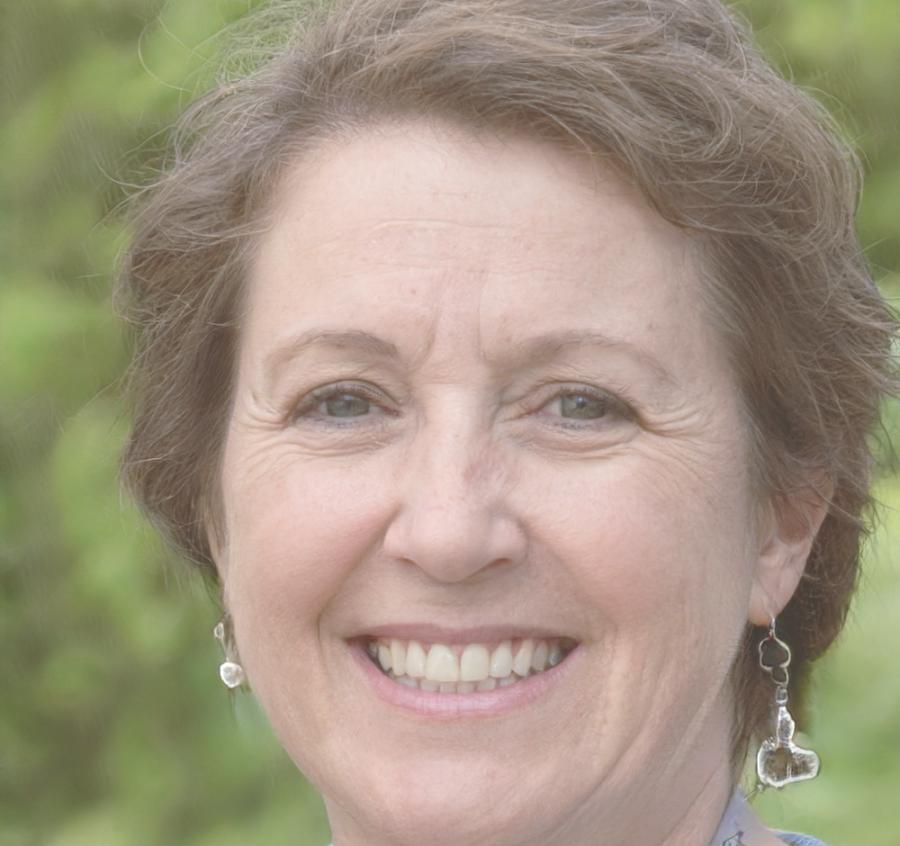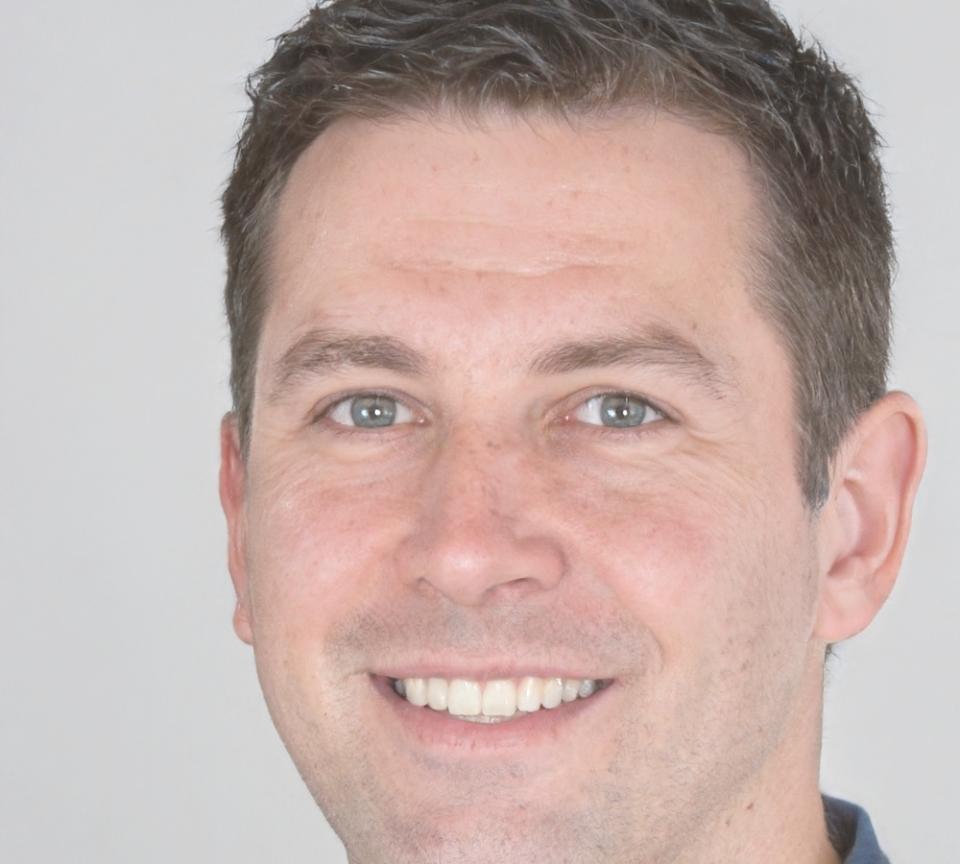Financial Communication Skills That Actually Work
Six-month structured programme starting September 2025
Managing money becomes easier when you can talk about it clearly. Whether you're discussing budgets with colleagues or explaining financial decisions to stakeholders, communication matters as much as the numbers themselves. This programme builds both skills simultaneously.
Reserve Your Place
How The Programme Actually Unfolds
We've structured this around what people struggle with most. Not theoretical concepts, but real situations where financial conversations break down. Each module addresses specific communication challenges that show up in actual workplaces.
Module One
Speaking Numbers Clearly
Most people understand their finances but can't explain them to others. This module changes that through practice with real scenarios.
- Translate financial data into conversational language
- Present budget proposals without jargon
- Respond to financial questions confidently
- Adapt explanations for different audiences
Module Two
Written Financial Communication
Emails and reports about money need clarity more than formality. We work on writing that people actually read and understand.
- Write clear financial updates and summaries
- Structure budget requests effectively
- Create reports that stakeholders trust
- Handle sensitive financial topics in writing
Module Three
Difficult Money Conversations
Budget cuts, denied requests, spending concerns. These conversations happen, and avoiding them makes things worse. We practice them until they feel manageable.
- Deliver unwelcome financial news professionally
- Negotiate budget allocations constructively
- Address financial concerns without defensiveness
- Maintain relationships during money disagreements
Module Four
Visual Financial Storytelling
Numbers tell stories, but only if you present them right. This module covers creating visuals that communicate rather than confuse.
- Design financial charts people understand
- Present data that supports your message
- Choose the right format for your audience
- Build presentations that hold attention
Module Five
Cross-Department Financial Dialogue
Marketing thinks differently than operations. Finance speaks its own language. This module bridges those gaps through practical exercises.
- Translate between department perspectives
- Build collaborative budget discussions
- Find common ground on financial priorities
- Facilitate productive cross-team meetings
Module Six
Building Financial Communication Habits
Skills fade without practice. The final module creates systems you'll actually use to keep improving after the programme ends.
- Develop personal communication routines
- Create feedback loops for improvement
- Build confidence through consistent practice
- Maintain momentum beyond the programme
Who Guides The Learning
Three instructors with different backgrounds who've all struggled with financial communication themselves. That's why they know what actually helps.

Freya Lindström
Lead Instructor
Spent twelve years managing finance teams before realizing most problems came down to communication, not calculations. Now focuses exclusively on teaching people to talk about money more effectively.

Callum Brennan
Communication Specialist
Background in corporate communications but discovered his real interest was helping people explain complex financial concepts simply. Works primarily with non-finance professionals who need to discuss budgets.

Saoirse MacLeod
Workshop Facilitator
Came from a training background and got interested in financial communication after seeing how often budget discussions derailed projects. Specializes in practical exercises that build confidence.
What Makes This Programme Different
Most financial training focuses on technical skills. Formulas, software, processes. All useful, but they skip the part where you need to actually talk to people about what you've calculated.
This programme does the opposite. We assume you understand the basics of financial management. What we work on is explaining those concepts to others, having productive conversations about budgets, and writing about money in ways people find helpful rather than confusing.
Every session includes practice. Not role-playing with scripts, but working through actual scenarios participants bring from their workplaces. You'll leave each module with communication techniques you've already tested.
- Weekly two-hour sessions over six months starting September 2025
- Small group format with maximum twelve participants
- Practical exercises based on real workplace situations
- Ongoing feedback and personalized guidance throughout
- Access to recorded sessions and supplementary resources
24
Interactive sessions with guided practice and immediate feedback
12
Maximum participants to maintain quality discussion and individual attention
6
Months of structured learning with flexibility for your schedule